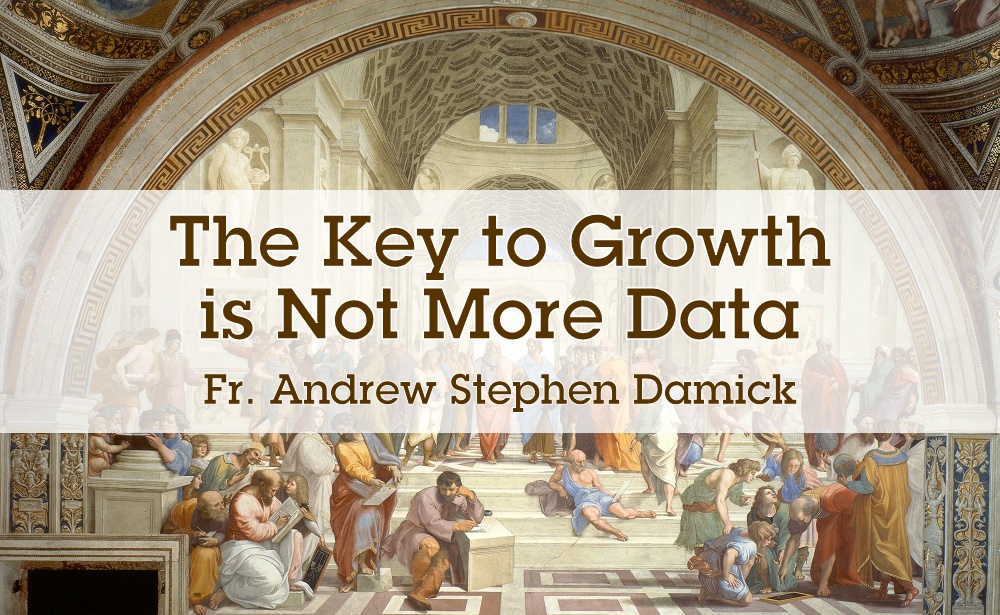
Just a few quick thoughts for today from Edwin Friedman, whose works I’ve been getting to know over the past few years—all three from his work A Failure of Nerve: Leadership in the Age of the Quick Fix:
Even the United States Government Printing Office has pamphlets about “A Teenager in Your House” which, like “Termites in Your Basement,” is designed to teach parents what to be wary of. Yet there is absolutely no evidence that the most successful parents are those who are most “knowledgeable” of either the “proper” techniques or the latest data on the children who are either most troubled or most happy.
Parenting is no different from any other kind of “managing.” The critical issues in raising children have far less to do with proper technique than with the nature of the parents’ presence and the type of emotional processes they engender. I have, for example, almost never seen a mother who had a mature relationship with her own mother have trouble with her daughter. Similarly, I never saw a highly reactive or hypercritical father who was not distant from his own family of origin (and who, thereby, made the members of his new nuclear family too important to him).
But there is another side to the data deluge. For the greatest mental health problem in America today may be the substance abuse of data. If the data deluge puts all leaders on an anxious treadmill of pursuing more information in order to “stay on top of things,” the pursuit of information also offers family and institutional leaders and healers an easy escape from having to deal with society’s chronic anxiety as well as with their own personal being.
How much effort is expended in our personal and ecclesial lives on trying to know the “right” things in order to bring change? Information has its place (and is critical in certain ways), but most of our failures aren’t failures of information. They’re failures of process. Information can serve the process, but more information doesn’t always mean better process.
Knowledge may be power, but not all information is knowledge. What seems like knowledge but isn’t leads away from power to paralysis.
Spiritual life, in so many ways, is about learning how to process life’s experiences in healthier ways. Isn’t that what humility is? It isn’t so much a static achievement of virtue as it is an expanded repertoire of responses. And in that repertoire, we take responsibility for our own thoughts and feelings and stop blaming others for them. And we therefore are capable of seeing ourselves much more clearly.



